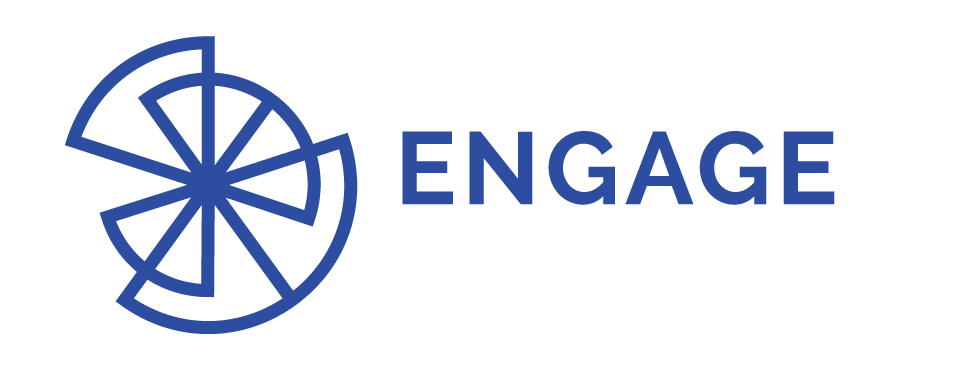Gender Mainstreaming in the EU’s External Action
Research takeaways
While gender mainstreaming has made inroads in CSDP, CFSP and other external action policies such as trade, humanitarian aid or development, it remains limited in traditionally internal policies that have external effects, such as climate or health.
Despite the Treaty of Amsterdam including a formal obligation to mainstream gender in all policy areas, women remain underrepresented in key areas of external action policymaking, such as CSDP missions or higher-ranking positions in the European External Action Service (EEAS).
The Women, Peace and Security (WPS) agenda is the main instrument through which gender is mainstreamed in EU external action. However, given its framing as linked to human rights, its importance in foreign and security policy remains somehow diluted.
Other factors limiting the holistic implementation of gender mainstreaming in EU external action policy include inconsistent levels of attention devoted to gender issues by the EEAS, limited power by the EU to exercise normative leadership and the high multiplicity of actors involved in external action policymaking.


